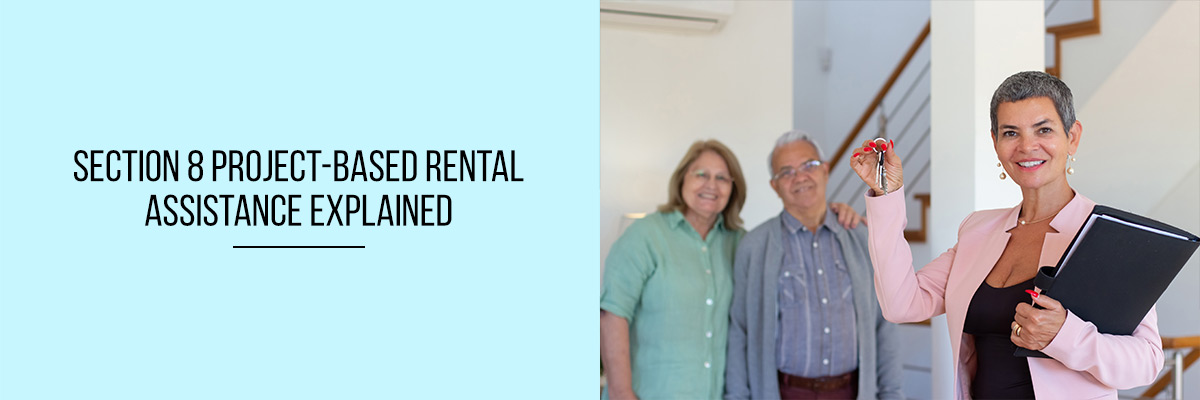As prices have skyrocketed over the past years, paying bills and house rent has been challenging for low-income households. This has eventually led to thousands finding themselves homeless or in any other housing instability. This also includes older adults and people with disabilities who are dependent on pensions or low incomes.
The Section 8 Project-Based Rental Assistance (PBRA) is a housing program that assists households with low incomes to rent affordable housing units. This program has so far helped 1.2 million families to live in affordable homes and communities by contracting private owners. These houses are contracted with private landlords with a rental subsidy which helps low-income families with the rent.
This program is completely different from the Section 8 Project-Based Voucher Program (PBV), so make sure you do not confuse yourself. The main form of the PBV program is the Housing Choice Voucher Program. It is a time-based program and requires recertification.
Who qualifies for Section 8 Project-Based Rental Assistance Program?
- For the area you are applying for, your total income must be less than 80% of the AMI (Area Median Income). The amount increases for each additional family member, including your children.
- Applying candidates must be 18 years or above.
- Single applicants are also eligible, and married couples with or without children are eligible. However, bedrooms per unit are entirely based on the number of people in the household, i.e a single applicant is not permitted to occupy a 2-bedroom unit or more.
- The applicant must be a citizen of the United States or a noncitizen who holds verified immigration status.
What are some of the common disqualifiers?
There are some reasons that cause rejection or delay in the application. Here are some examples of common disqualifiers:
Criminal records
Criminal records can be a red flag, but it doesn’t automatically disqualify your application. The severity of the crime and record matters, and depends on housing authorities to decide. Conviction records, violence or drug background, domestic abuse, or any other crime that disturb the safety and security of society could make it difficult to qualify.
Wrong Information
It’s important to be truthful with the information you are providing. The Discovery of wrong information provided during background checks could not only disqualify your application but also put you in legal trouble. Being truthful and straightforward about red flags that might be found during your background check, should earn you some credibility.
Rental History
It’s always advisable to leave rental homes on a good note and have a healthy relationship with your landlord because it sure can affect your future renting procedures. PBRA will require a list of your prior landlords. They would need addresses and contact details so that PBRA managers could contact them for reference. Poor feedback from your previous landlord can cost you rejection.
Conclusion
The process of getting approved for the program can be long and requires patience. But with the right steps and knowledge, you will be able to make things work.
The final thing you need to remember is that tenant incomes will be analyzed and certified every year. That means if your income and TTP increase the housing limit, you will have to move.


